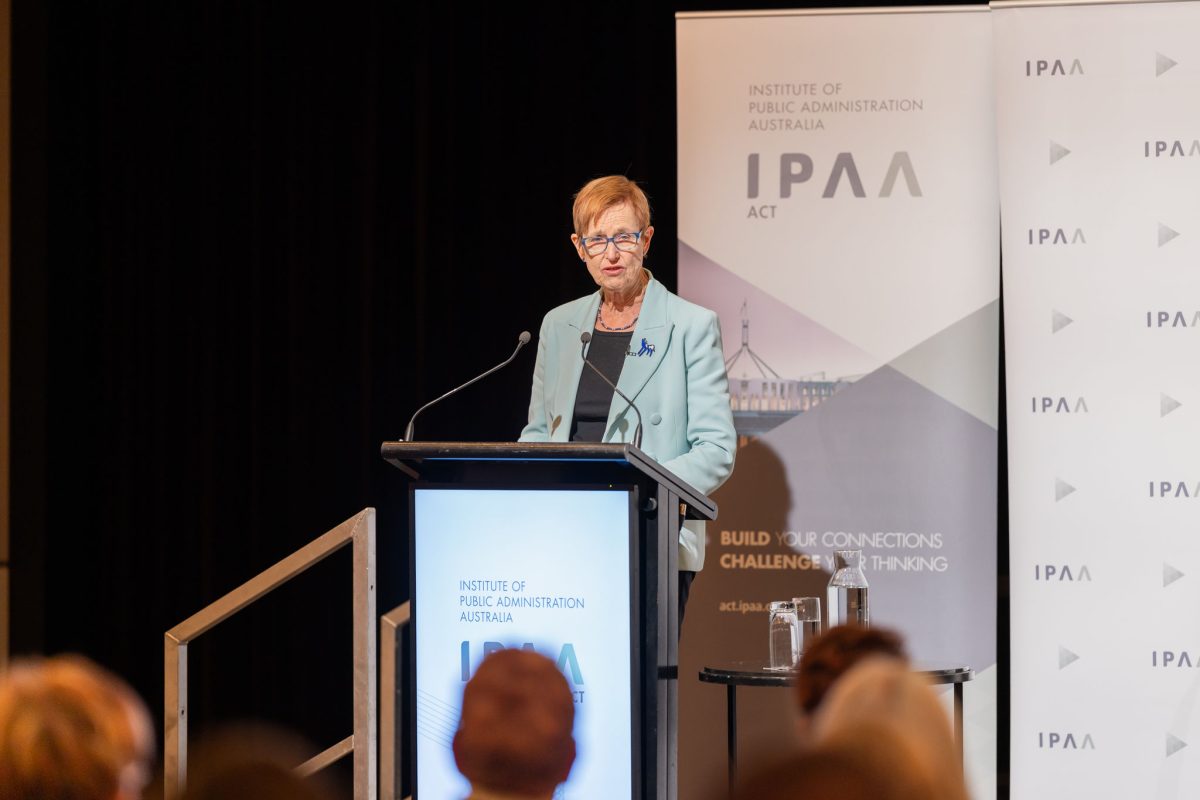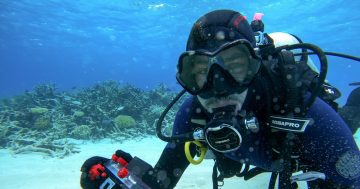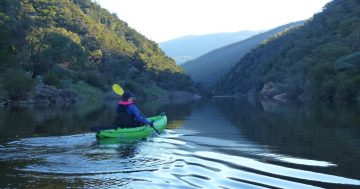
Dr Wendy Craik delivering the Frances Adamson Oration. Photo: IPAA.
Good science leads to good policy, right?
You’d think so, but sadly, in these days of heightened polarised political debate right around the world, truth is often the first victim.
One symptom of that demise in integrity is an even further slump in the trust levels placed in government and public administration.
Renowned scientist and public policy adviser Dr Wendy Craik lamented that very development in a recent Canberra address to public servants.
Delivering the Frances Adamson Oration, hosted by the Institute of Public Administration Australia, Dr Craik noted how sometimes even the best evidence-based advice is not welcomed – and often even when the benefits clearly outweigh the costs. Her employment variously with the Great Barrier Reef Marine Park Authority, the National Farmers’ Federation and the Murray-Darling Basin Commission taught her that.
From disinformation to a rapidly changing environment, Dr Craik said issues affecting the world and poor political reactions to them have caused a drop in the trust of the public in government and the public service.
“We are witnessing increasing geopolitical tensions, strongman leaders who know all the answers, anti-democratic assaults, suspicion of expertise and social media peddling conspiracy theories,” she said.
“Fraud and failure in both government and private sector delivery of government programs and a rapidly changing physical environment … challenge our historical understandings of how we thought the world worked.
“These issues and some unsatisfactory responses in the eyes of the public have, I think, contributed to a reduction in trust in government including, unfortunately, the public service … Reducing trust and cohesion and an increase in divisive debate, I think, makes it especially important that the public service and the public sector more broadly is truly seen to be impartial.
“And as the APS values state, have high standards, and be a steady source of advice that is frank, honest, timely and based on the best available evidence.
“However, at times, even the best evidence-based advice on a matter is not welcomed for one reason or another, even when the benefits clearly outweigh the costs.”
Judicious presentation and re-presentation of good advice at appropriate junctures may get the issue over the line.
Dr Craik offered the example of how, despite their health and environmental benefits, vehicle emissions standards were not accepted until the fourth time they were recommended.
“In relation to my own career, when I started out, I think the higher regard and trust of public servants meant there was a fairly widespread belief that they would ‘do the right thing’,” she said.
“I look back on my Great Barrier Reef days when we were explaining to commercial and recreational fishermen that even though we had no proof it would work, we wanted to close some reefs to fishing because we thought it would increase the numbers of fish overall.
“We would monitor fish stocks and provide them with results and act accordingly. We received remarkably little pushback compared with what I imagine would happen today.
“I cannot imagine successfully putting that case these days in the absence of really solid evidence.”
Given the environmental challenges facing Australia (and the world), Dr Craik said science should have an important role to play in responding to these issues.
But it has become an increasingly difficult job to convince some people.
“As an element of the loss of trust in government, regrettably, science and expertise are regarded in some quarters with increasing distrust and cynicism,” she said.
Australian Museum CEO Kim McKay recently raised this issue and pointed to some of the responses to CSIRO’s recent GenCost report on nuclear power for Australia.
“Given the environmental challenges facing us – climate change, the energy transformation, extinctions and the loss of the natural environment – science has a really important role to play in responding to these challenges, but it is not always an easy task to persuade people.
“The world we live in cries out for employing, retaining, and developing a wide range of experts to seek their advice and include them in policy development and presentation to government and the public.
“I sometimes think there is a bit of a view that if you can manage one widget, you can manage any widget, so we don’t really need technical experts.
“I acknowledge my bias, but I believe that some of the widgets would benefit from greater involvement and long-term support of technical experts like scientists.”
Dr Craik said that principle-based processes can help engender trust.
Ethical public administration that relies on the integrity of individuals and the codes, rules and regulations of governments is the one thing that will convince people to trust good policy.
Being patient helps, too, she said, because sometimes it takes time for good policy to evolve, and scientific and other technical expertise informs good decision-making.














